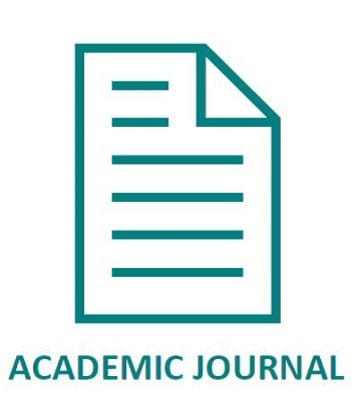Removal of E. coli from urban stormwater using antimicrobial-modified filter media
Abstract
Stormwater filters featuring traditional sand filter media cannot reliably treat indicator bacteria for stormwater harvesting. In this work, copper-modified zeolite and granular activated carbon (GAC) were prepared through Cu2+ impregnation and in situ Cu(OH)2precipitation. Their antibacterial properties and stability in natural stormwater were studied in gravity-fed columns for 24 weeks, under typical stormwater operational conditions. 11 types of other filter media, prepared using zinc, iron, titanium and quaternary ammonium salts as antibacterial agents, were tested in parallel by way of comparison. Cu2+-immobilised zeolite and Cu(OH)2-coated GAC yielded an estimated 2-log reduction of E. coli within 40 min with the presence of other native microbial communities in natural stormwater. Even at high flow velocity (effective contact time of 4.5 min), both media demonstrated 0.8 log removal. Both media and Cu2+-treated GAC showed effective inactivation of the removed E. coli during dry periods. Copper leaching from Cu(OH)2-coated GAC was found to be below the NHMRC specified drinking water standard, while that from Cu2+-immobilised zeolite varied with the salinity in stormwater. These findings could provide useful information for further development of passive stormwater harvesting systems.
Citation
Li, Y. L., Deletic, A. and McCarthy, D. T. (2014). Removal of E. coli from urban stormwater using antimicrobial-modified filter media. Journal of Hazardous Materials, 271, pp. 73-81. Copyright © 2014 Elsevier B.V.
Note: Journal articles and conference papers (and links where available) are available under open access arrangements where possible. Otherwise please contact your institution’s library, the authors, or publishers to organise full access.
